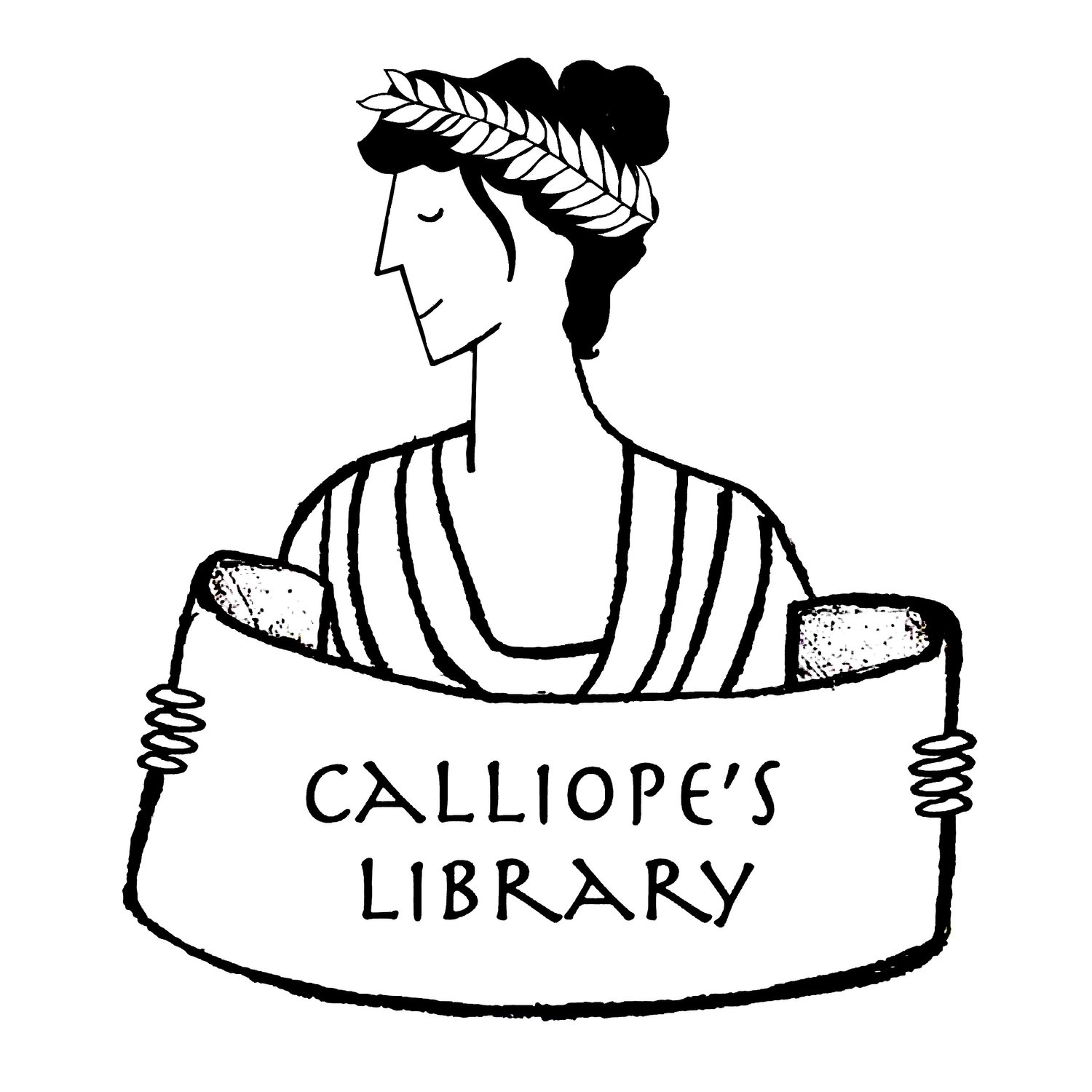Title:
Roman Diary: The Journey of Iliona of Mytilini, who was captured and sold as a slave in Rome, AD 107
Author: Richard Platt
Illustrator: David Parkins
Date: 2009
Tags: Picture book, Novel, Rome, Ancient civilizations, Ancient worlds, Female lead, Diary novel, Award winner: National Council for Social Studies Notable Trade Book for Young People, English
This book is a great introduction to the lives of folks living in Rome at the height of the Empire. The main character, Iliona, is a Greek girl who is captured by pirates along with her little brother Apollo and sold into slavery. Her outsider perspective and natural curiosity make her an excellent guide to the everyday experiences that most Romans would have taken for granted. She visits baths and gladiatorial games as an attendant to the family’s Matrona, attends school to help the children with their Greek, is sent on errands to the Forum and the senate, and sneaks off to see a pantomime. Iliona also meets several Greek-speaking people who take special interest in her as a fellow expatriate. For instance, an engineer gives her lift in a crane when the family goes to inspect progress on the Trajanic baths’ construction. This, plus her good relationships with the other enslaved folks of the household, provides Iliona with a network of peers outside of her owner’s family. It gives a real sense that she is living as part of a large, diverse community in a complex society, which is a welcome change from the usual collection of privileged patricians that frequently populate books about ancient Roman culture.
Author Richard Platt does a good job of showing how terrible the lives of people in Iliona’s situation could be, without traumatizing his readers. Iliona’s life in Rome is tolerable, but it’s very clear that’s purely a matter of luck. She still must deal with many of the dangers of her situation, albeit toned down for young audiences. The description of her journey to Rome and her separation from her brother are difficult to read, and the visit with Apollo at the family villa provides a gruesome description of how harsh conditions could be for enslaved people. Nevertheless, Platt’s story is sensitive to the developmental level of his readers. He stresses the strong sense of responsibility that Iliona feels toward her brother and shows the readers ways that she is able to exercise a limited amount of agency, in spite of her situation. Platt even finds a clever way to end the story on a relatively happy note, though, and I feel comfortable recommending this book for advanced primary school readers despite its subject matter.
This book comes in two versions, an oversized hardback and a small trade paperback. I strongly recommend the hardback over the paperback, despite the extra expense. The hardback has large color illustrations whereas the paperback is all black and white, and there are also several images with captions that don’t appear in the paperback. Although the narrative can stand alone without the extra material, it adds a lot to the story. – Krishni Burns


